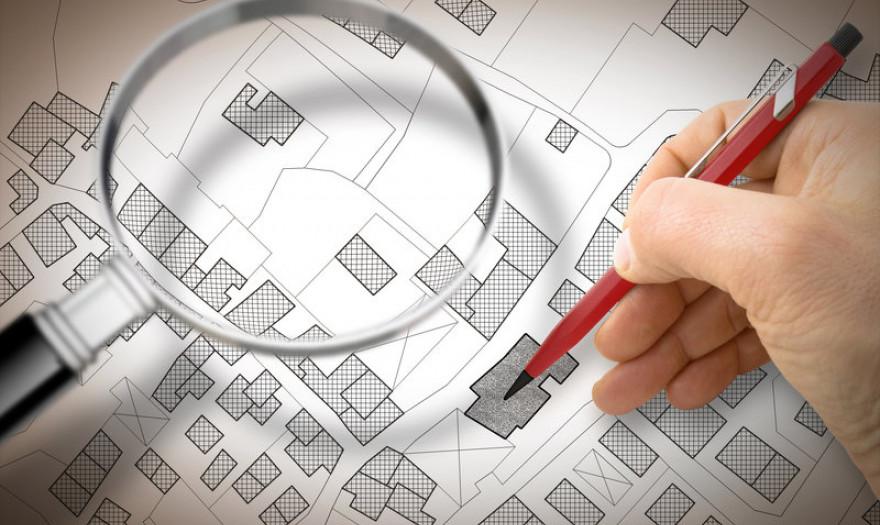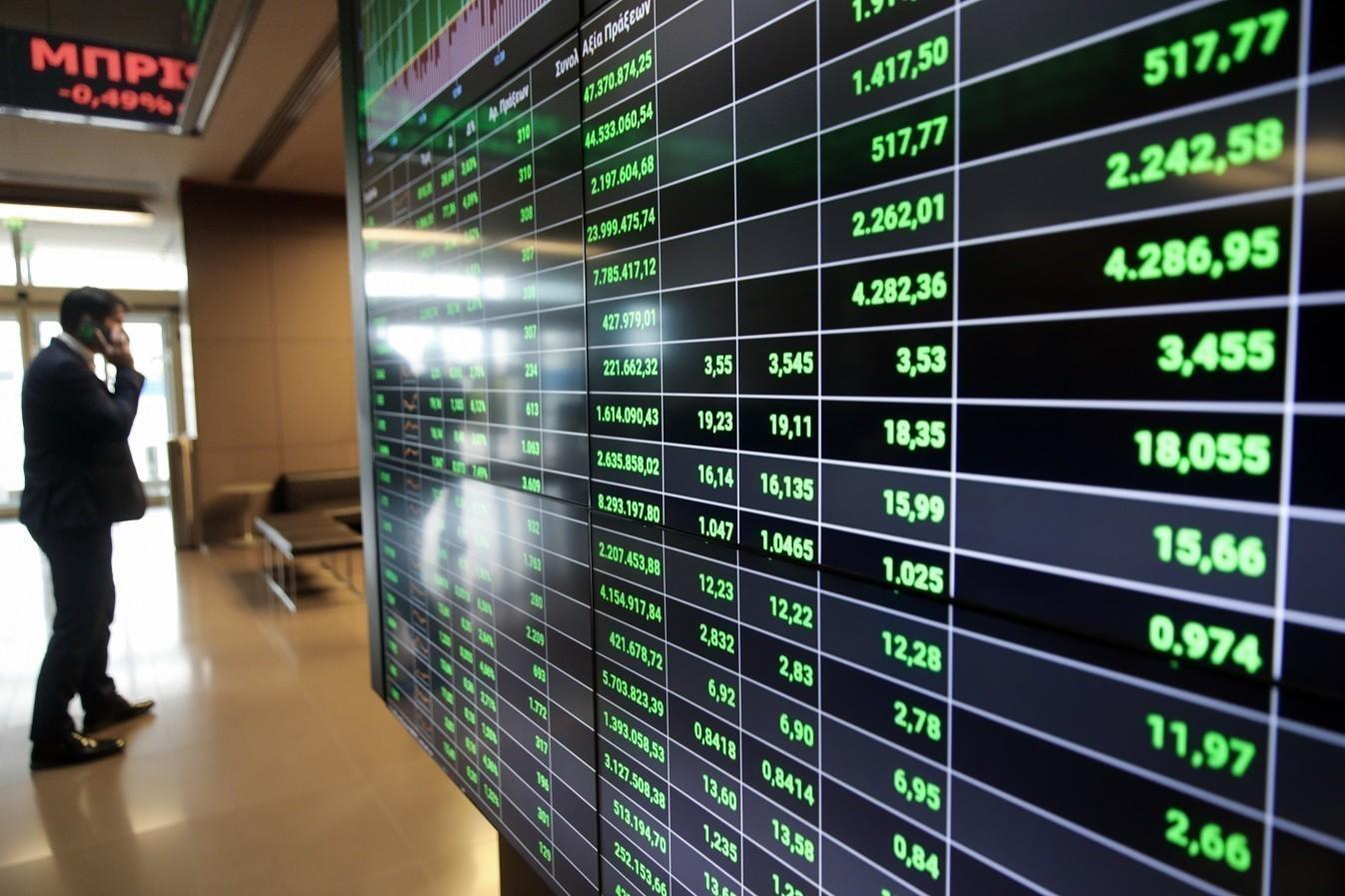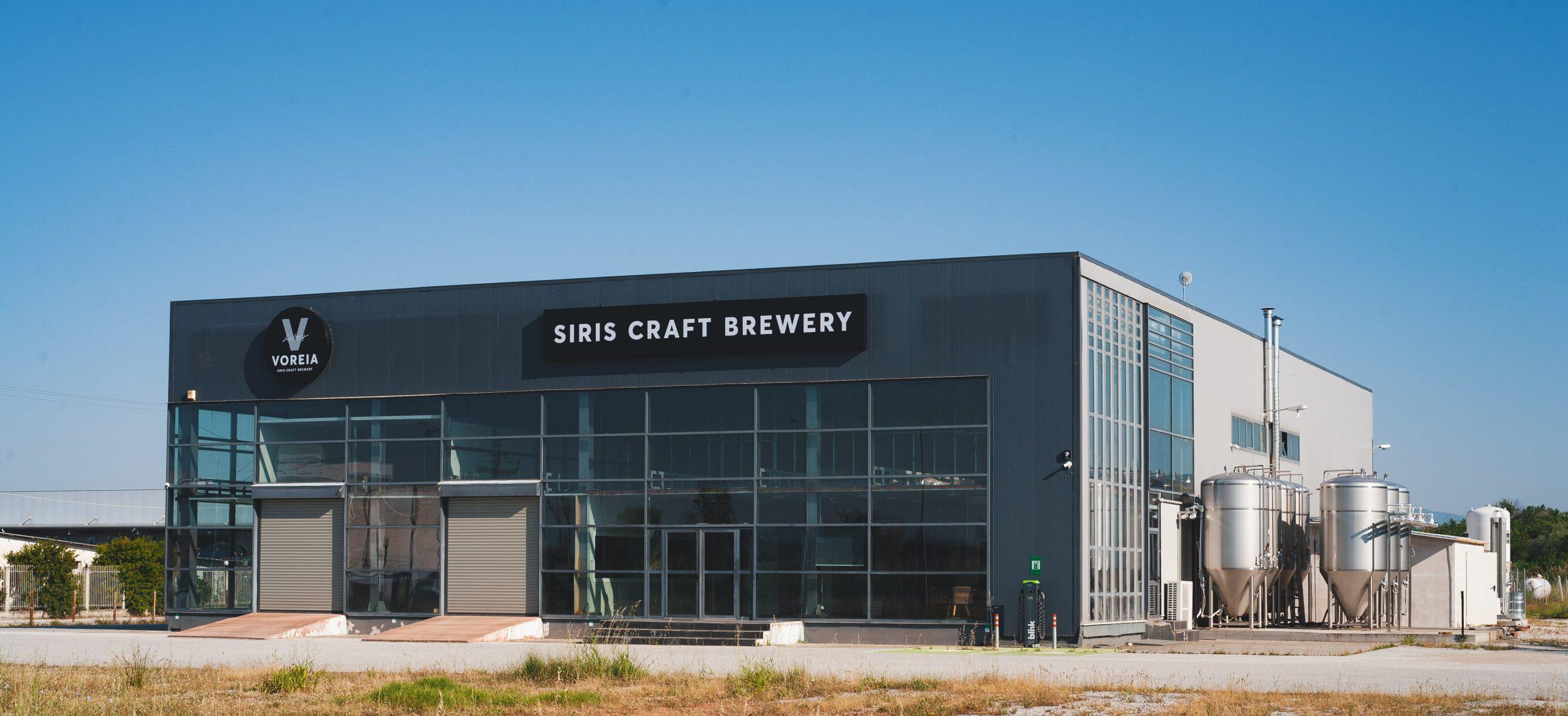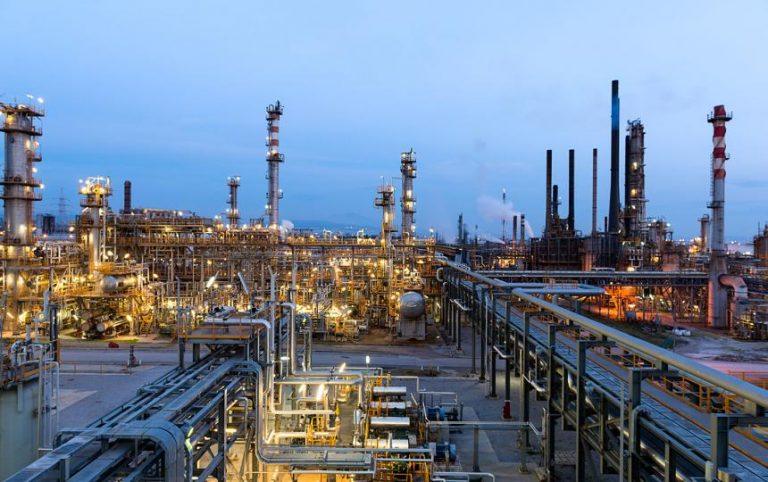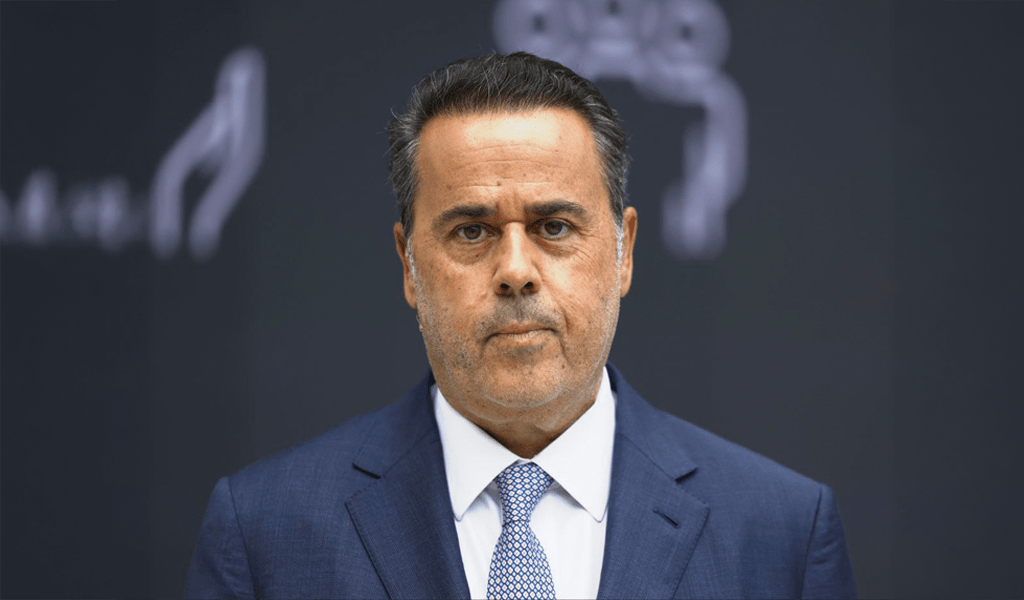Moody’s Investors Service today upgraded the long-term deposit ratings of the National Bank of Greece and Eurobank SA. to Ba3 from B2, of Alpha Bank SA to B1 from B2 and of Piraeus Bank SA. το B2 from B3. The outlook for deposit ratings for all four banks remains positive.
The rating agency also upgraded Attica Bank SA’s long-term deposit ratings to Caa2 from Caa3 and changed the outlook to positive from stable. In addition, Pancreta Bank SA’s Caa2 deposit rating was confirmed and its outlook changed from positive to stable.
Today’s evaluation action of Greek banks was based on:
1) The strengthened institutional and governance conditions in the country that pushed Moody’s to raise the “Macro Profile” for Greece to “Weak +” from “Weak”. The higher “Macro Profile” has put upward pressure on the Basic Credit Ratings (BCA) of all banks.
2) The improved quality of assets and the recurring profitability from December 2021 mentioned by the four largest Greek banks, due to the better operating and credit conditions and the continuous implementation of their transformation plans.
3) The upgrade of Attica Bank’s rating is mainly due to its recent capital increase, which led to a higher rating based on Moody’s analysis.
The positive outlook reflects the rating agency’s expectation that Greek banks will continue to improve their credit profiles over the next 12-18 months and will be in a good position to manage any new non-performing loans that may arise as a result of the coronavirus pandemic and recent inflationary pressures.
Improving public finances
The international agency points out that Greece’s public finances have been put on a much more stable footing in recent years, with stable and growing budget surpluses between 2016 and 2019 and primary surpluses that exceed the targets set by eurozone creditors.
The rating agency also notes the improvement in credit conditions in the country, as reflected in the significant reduction of non-performing loans in the banking system.
According to the Bank of Greece, NPEs in gross loans have fallen to around 13% in December 2021, from 30% in December 2020 and a peak of almost 60% in 2015. The gradual decline in unemployment in recent years, which was in 12.8% in January 2022 from a ceiling of 28% in July 2013, also helped reduce the debt of households and businesses. Private sector debt to GDP fell to around 60% at the end of 2021, from 117% in 2014, reflecting the continuing leverage of NPEs and GDP growth by banks as economic conditions gradually normalize.
Positive prospects
The international house stresses that the positive outlook reflects the rating house’s expectation that Greek banks will continue to improve their credit profiles and will be in a good position to manage any new problem loans as a result of the coronavirus pandemic. Moody’s also expects Greek banks to be in a relatively good position to meet any challenges to the economy due to inflationary pressures caused by the Russian invasion of Ukraine, including a possible negative impact on the tourism industry.
The ratings will receive further upward pressure in the next 12-18 months, if the banks maintain healthy capital and liquidity, while fully implementing their transformation plans, further reducing their non-performing loans and taking advantage of the economic and credit growth potential of the Greek economy, in the next 2-3 years. The EU Recovery and Resilience Facility (RRF) is likely to significantly benefit Greece’s real GDP growth, which could increase by 3-4% on average during the period 2022-2025, providing banks with good lending opportunities that will support their revenue.
Factors that can change rating
Over time, upward pressures on deposits and higher debt for these banks may arise following further improvements in the country’s macroeconomic environment, which will support better quality and asset profitability combined with stable capital data comfortably above the requirements.
Although unlikely in the short to medium term, due to their positive outlook, the ratings of Greek banks could be in case the NPE transformation and reduction plans stop, without substantial improvements in their recurring profitability. Any possible deterioration in the operating environment and financing conditions from inflationary pressures or from any escalation of geopolitical developments could also have a negative impact on banks’ ratings.



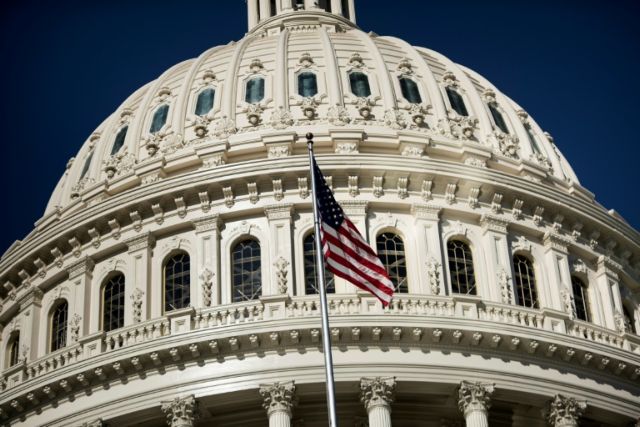






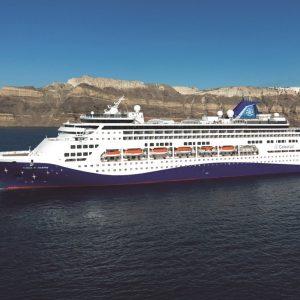



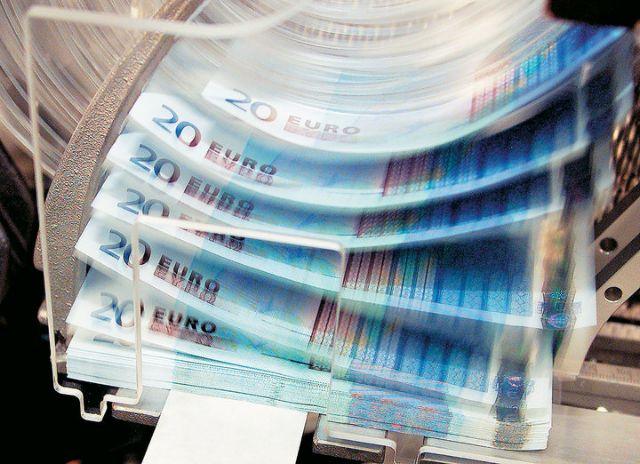


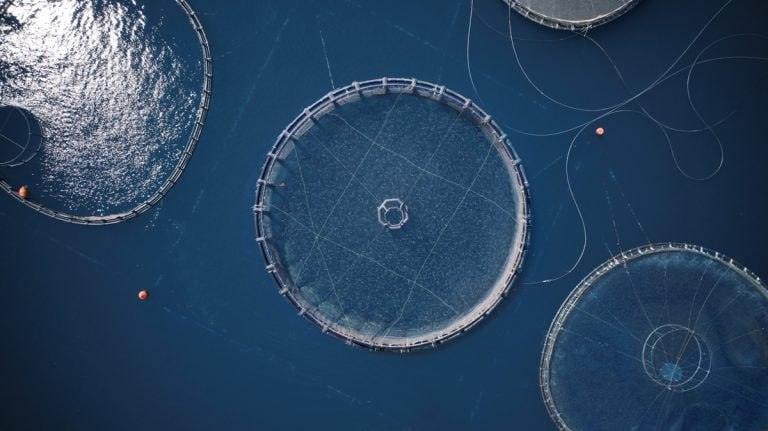
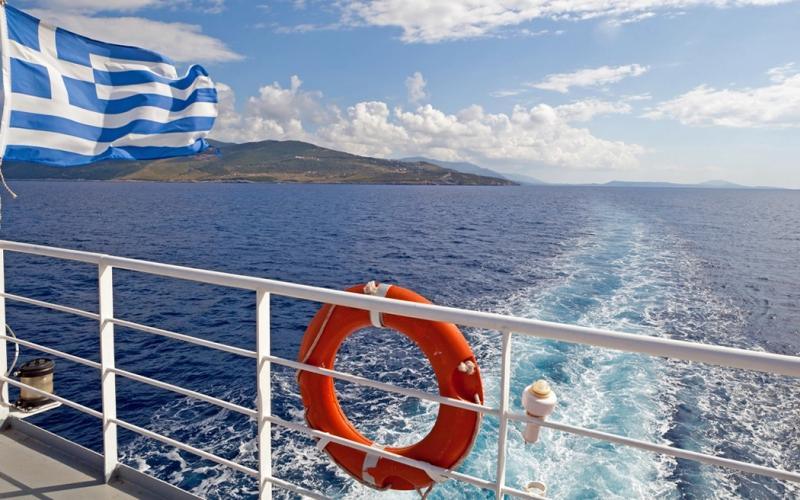

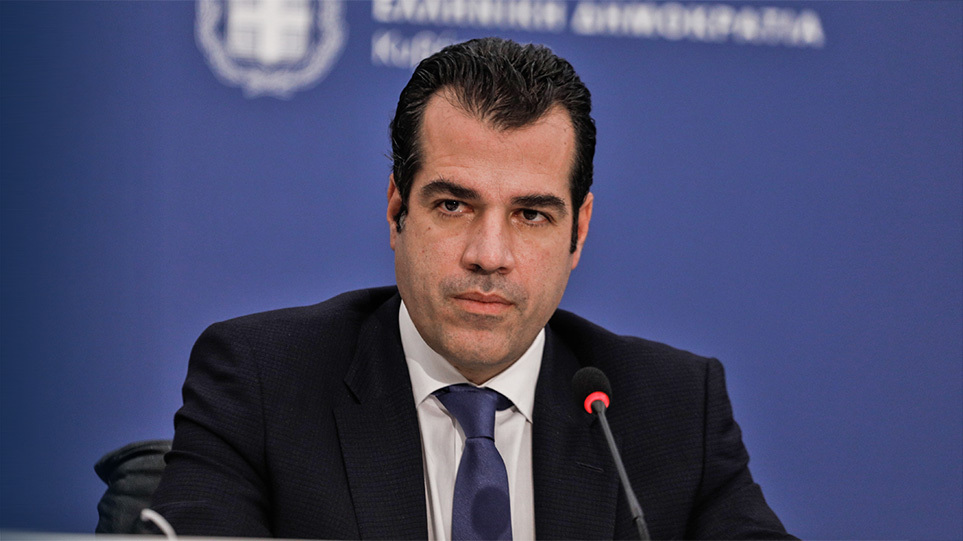

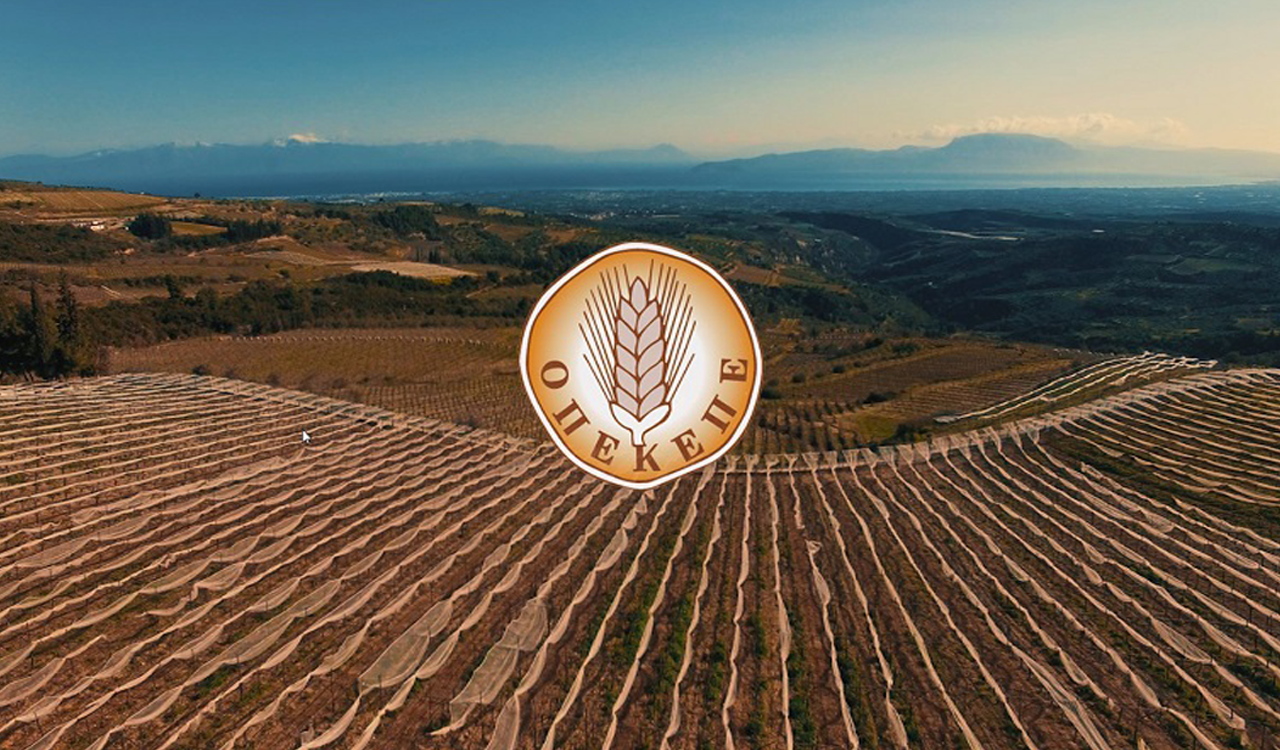

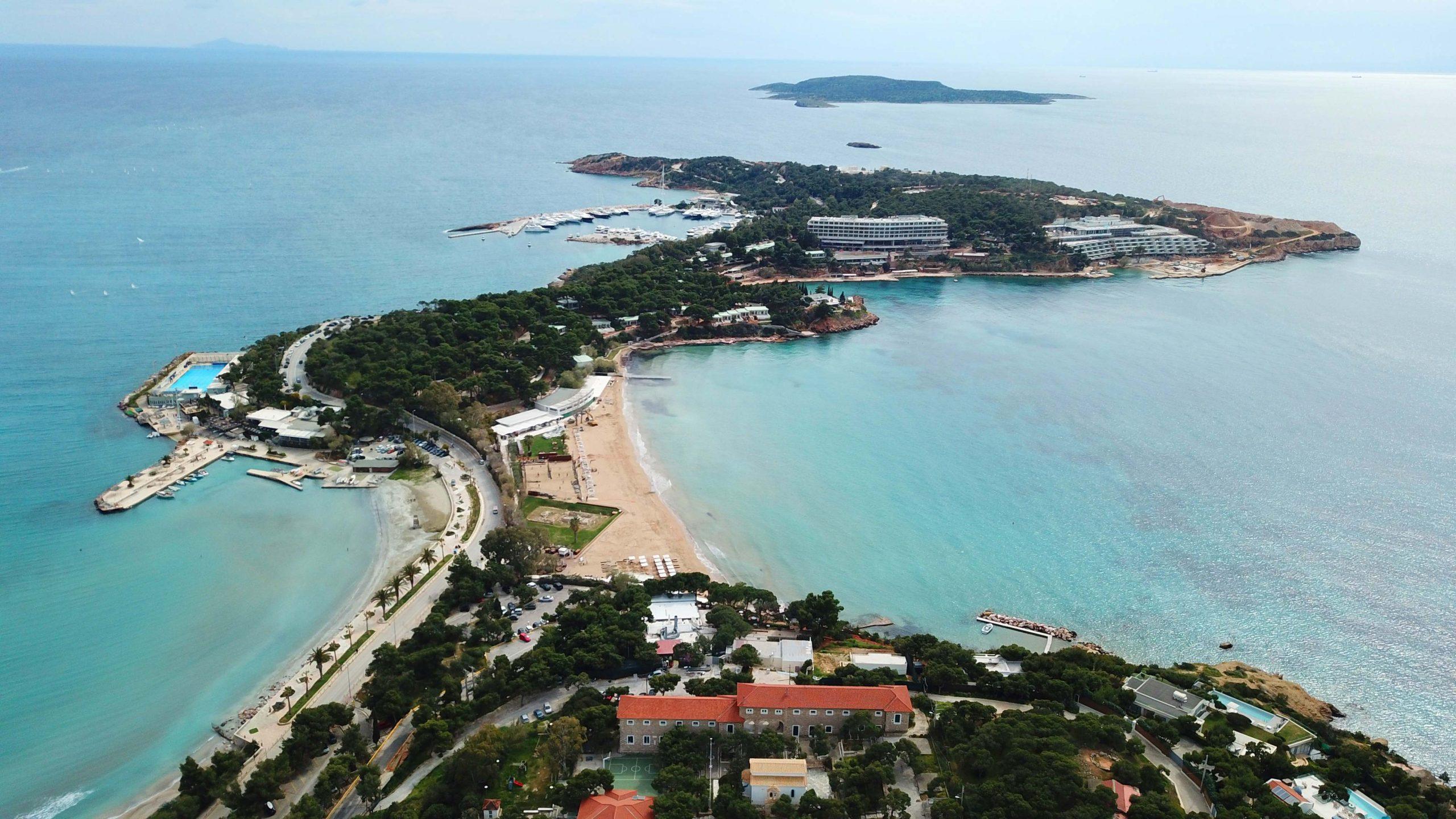

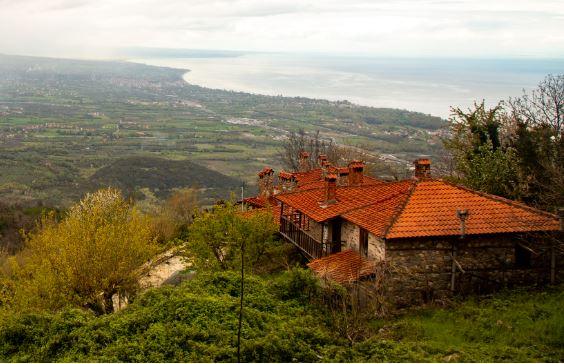



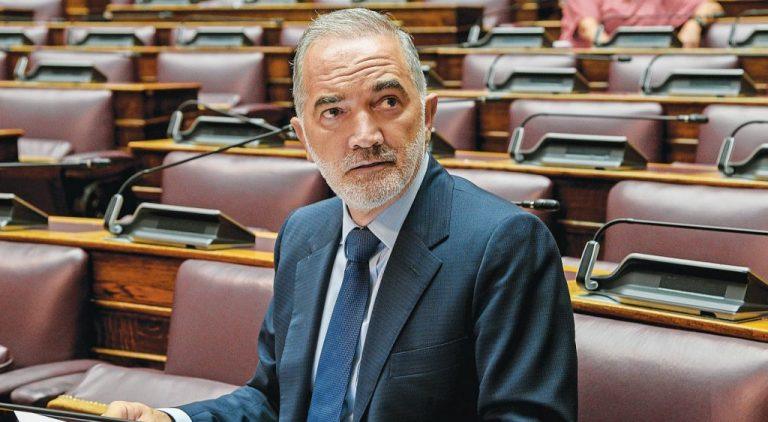
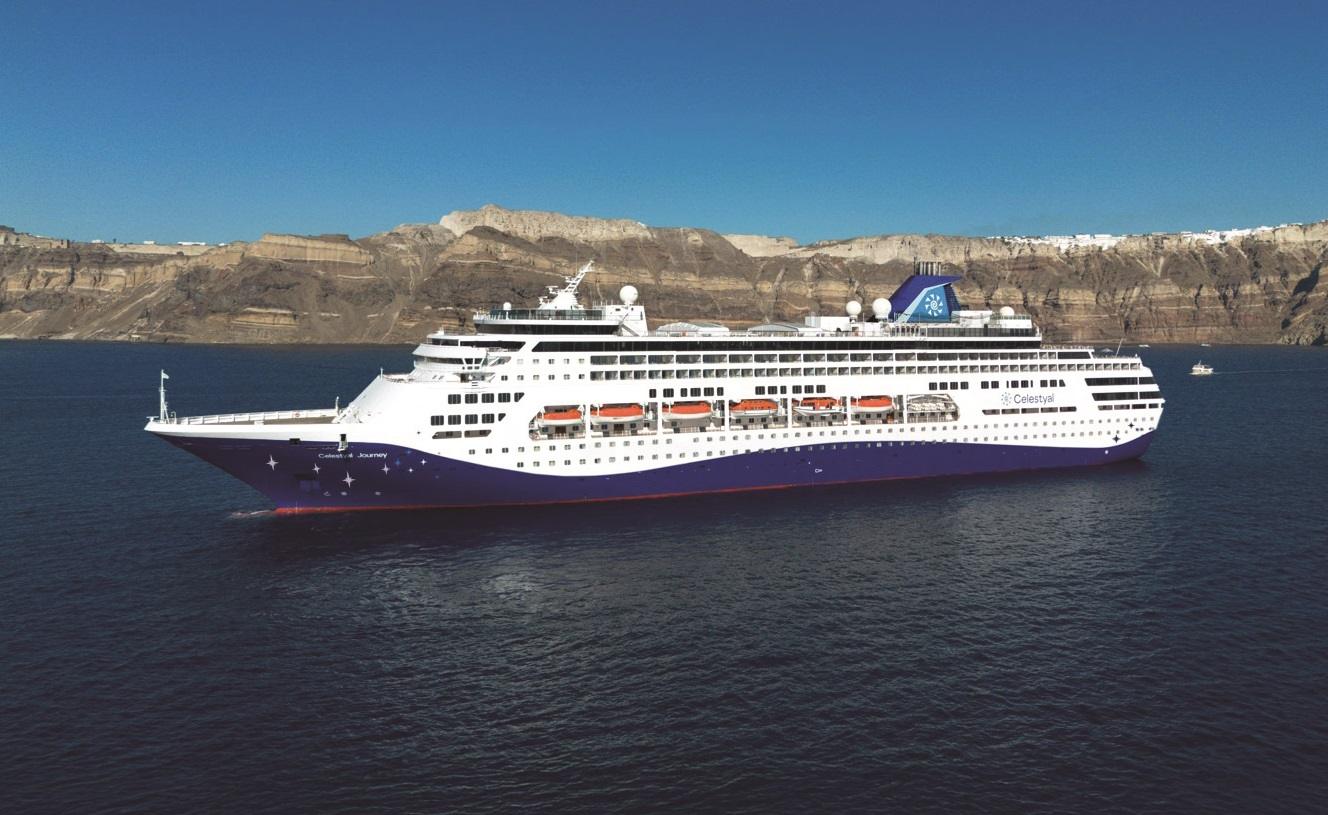
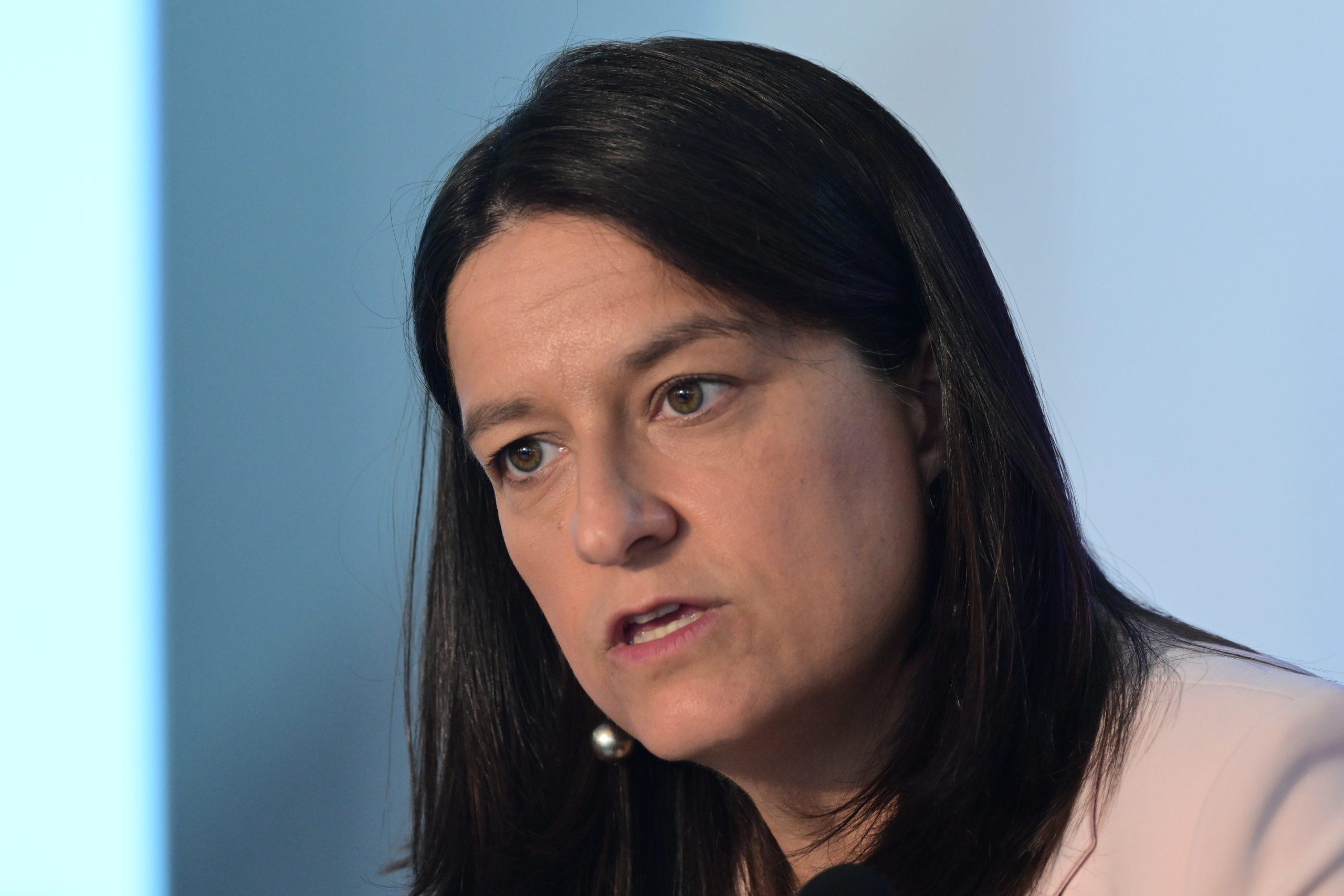
![Ακίνητα: Οι ανερχόμενες περιοχές για αγορά [γράφημα]](https://www.ot.gr/wp-content/uploads/2022/12/akinita-enoikia-spitia-kolonaki-athina-10-02-2021.jpg)
